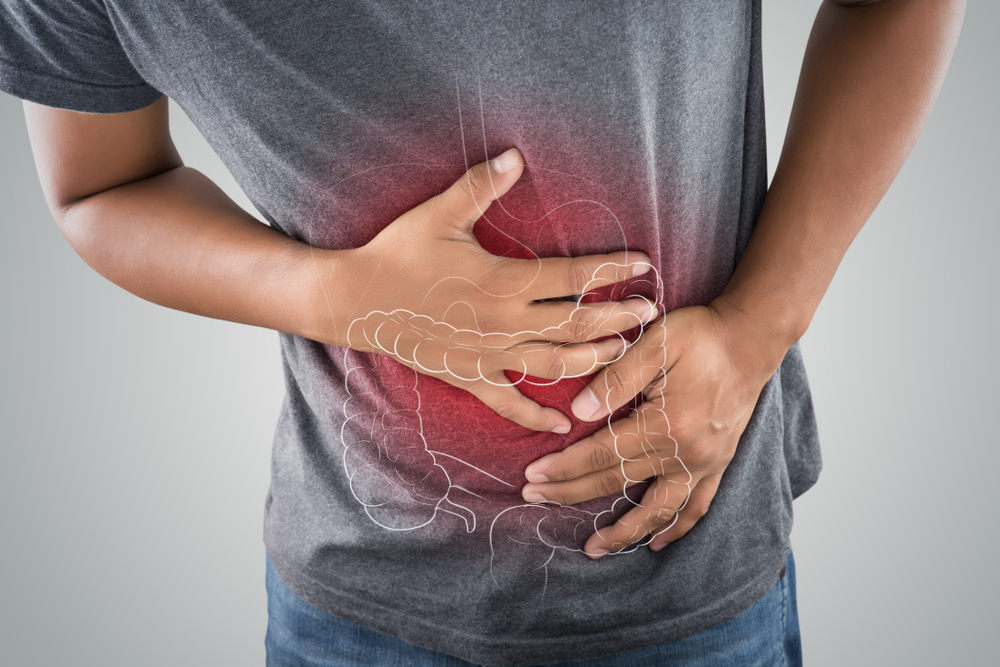An Overview Of Colon Polyps
An overview of colon polyps
Colon polyps are small clumps of cells formed on the lining of the colon. The majority of these polyps tend to be harmless, but with time, there are certain polyps that can easily grow into colon cancer. This is a serious condition, especially when found in the later stages. Almost any individual can develop colon polyps. People who are over 50 years of age are at an increased risk of suffering from this condition. Even smokers and overweight individuals or people with a family or personal history of colon polyps might be at an increased risk of suffering from this condition.

Colon polyps – causes are slightly known, but this condition rarely causes any symptoms. Therefore, for individuals who are at risk of developing the condition, it is important to have screening tests on a regular basis. These will include a colonoscopy. Polyps found in the early stages can conveniently be removed. They can be removed completely in a very safe manner. Regular screening is the best step for the prevention of colon polyps.
What are the colon polyps – causes?
- Doctors do not exactly know the causes of colon polyps, but they are of the view that polyps are a result of abnormal tissue growth.
What signs and symptoms do colon polyps show?
- Majority of the individuals suffering from colon polyps do not show any symptoms.
- They are actually unaware of the fact that they have polyps, because they feel very well.
- Bleeding from the rectum is one of the most common symptoms of colon polyps.
- Blood in the stool can also be a sign of colon polyps.
- Blood might make stool look black, or there can be red streaks in stool.
- A feeling of tiredness due to anemia and not having sufficient iron in the body are common symptoms. It is the bleeding from the polyps that can result in an iron deficiency and anemia.
- Several other health issues might also result in these signs. Nevertheless, if rectum bleeding or blood in the stool are everyday phenomena, a consultation with a doctor is vital.
How can colon polyps be prevented?
Knowing the colon polyps – causes can help prevent the condition. However, there are other important steps that can be followed in trying to prevent this condition. They are as listed:
- Regular screenings.
- Lifestyle changes can also be of help in doing away with the colon polyps – causes, and, consequently, prevent them.
- Adopting healthy habits such as eating fruits, whole grains, and vegetables and reducing fat intake can help in the prevention of colon polyps.
- Limiting the intake of alcohol and quitting tobacco.
- Staying active physically and maintaining a healthy body weight is also important.
When should one see a doctor?
A general physician must be consulted in case of the following:
- Blood in the stool
- Abdominal pain
- Changes in bowel habits for more than a week
It is important for one to have a word with their physician regarding their intake of vitamin D and calcium. This is because studies have proved that increasing the intake of food items rich in vitamin D and calcium can help prevent the recurrence of polyps. However, this is not completely clear. It is important to consider all the options, especially if one is at a very high risk of suffering from colon polyps.

